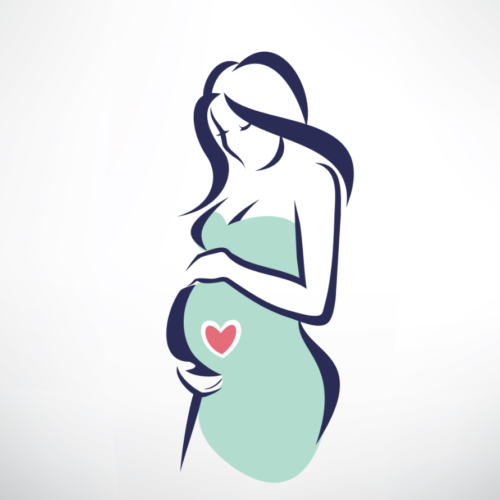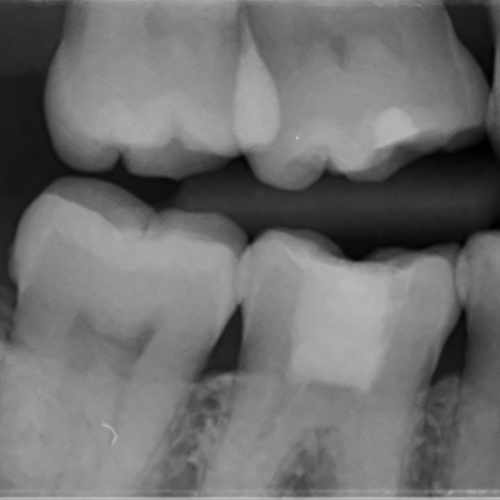
Is Dental Treatment Safe During Pregnancy?
Dentist Brisbane: In a woman’s lifetime, pregnancy is a special time. It is a time of physical and emotional change. Having optimum health during pregnancy is more important than ever because any health issues during this time can potentially affect both mother and child. Studies have shown that poor oral health in mothers can contribute to early childhood tooth decay. Moreover, pregnancy tends to exacerbate already existing dental problems in women. Therefore, both the mother and her newborn would be at risk of health issues if expecting mothers ignore dental problems.
Pregnancy brings about significant changes in the anatomy and physiology of the body. Due to these changes, pregnant women will be at a higher risk of developing oral diseases. On the other side, many pregnant women deliberately avoid dental treatments due to uncertainties about the effect of treatment materials on the developing fetus. Fear of harm to the fetus may influence a pregnant woman’s attitude or opinion on dental care.
Some of the reasons for not seeking oral health care during pregnancy are:
- Lack of knowledge of the link between poor oral health to birth outcomes
- Concerns about risks of dental procedures during pregnancy
- Treatment cost or lack of oral health insurance cover
It is a good idea to have regular dental check-ups to prevent oral issues grow. More importantly, it is recommended to have a proper dental examination prior to pregnancy and avoid dental emergencies during pregnancy as much as possible. According to pure dentistry an emergency dentist in Brisbane, two of the most common dental complaints that makes people seek urgent dental care in the middle of the night are:
Your dentist can evaluate the risks of an impacted wisdom tooth and may even recommend the removal of a disease-free impacted wisdom tooth prior to pregnancy.
Link between Oral Health and Pregnancy Outcome
Researchers have found a link between a pregnant woman’s oral health, pregnancy outcomes and oral health of the baby-to-be. Proper oral health during pregnancy should be taken seriously because according to multiple studies, poor oral health can increase the risk of birth complications in a pregnant woman. Women should maintain good oral hygiene during pregnancy because a mother’s health is directly connected to the health of the fetus.
Parents who are reluctant about taking dental treatments during pregnancy should change their perception because it is for the benefit of the fetus and the pregnant women to undergo appropriate dental procedures when necessary or recommended by their qualified dentist.
For some women, the safety of dental care during pregnancy is not clear-cut. Dental care should be included as one of the components of prenatal care and expectant mothers should be informed about potential pregnancy-related changes in oral health. When pregnancy is confirmed, the woman should visit her dentist for an examination of her oral health. Early treatment of existing dental issues such as gum disease and tooth cavities is recommended as soon as possible because pregnancy can exacerbate existing dental issues.
Pregnancy-related changes in hormone levels may cause gum bleeding or increase tooth sensitivity. Six-monthly dental check-ups during pregnancy are recommended and should not be neglected (read about why dental cleaning hurts so much here). Dental care during pregnancy has been found to be associated with a lower incidence of adverse birth outcomes. Studies have reported no basis or evidence for delaying necessary dental care during pregnancy, so pregnant women who require dental treatment should no longer be reluctant to obtain it.
Misconceptions around Dental Treatment During Pregnancy
There are a number of misconceptions around dental treatment during pregnancy.
Misconception 1: Women should not uptake dental care during pregnancy
This is not scientifically correct. Multiple studies have shown that oral health in pregnant women is safe and recommended. On the other hand, poor management of oral health during pregnancy can lead to birth issues including:
- Premature Birth
- Low Birth Weight
- Stillbirth
Some women are erroneously informed to avoid visiting the dentist during pregnancy. Dental treatment during pregnancy is recommended by both ACOG (The American Congress of Obstetricians and Gynecologists) and AAP (the American Academy of Paediatrics). Based on these recommendations, majority of obstetricians do not place any restrictions on the dental care of pregnant women. It is ok to visit your dentist during pregnancy for necessary dental treatments as long as you inform your dentist that you are pregnant.
Misconception 2: Dental radiographs are unsafe during pregnancy
Dental x-rays with appropriate shielding of the abdomen and thyroid are safe during pregnancy.
If you are pregnant you should inform your dentist because pregnancy requires extra care. Most of the dental clinics have patient medical history forms and you should tick appropriate boxes to indicate to your dentist that you are pregnant and they will provide you with special care.

Misconception 3: Dental Fillings are unsafe during pregnancy
Dental amalgam is not considered toxic. Moreover, majority of filling materials these days are not mercury-amalgam-based anyway.

Misconception 4: dental anaesthesia is unsafe during pregnancy
According to an article by Ji Lee et al, in a study that involved 60000 women, administration of local anesthetics (including lidocaine) did not increase the incidence of complications in the fetus. According to another research by Hagai et al, published in PubMed, no evidence was found to show the use of local anesthetics for routine dental treatments in pregnant women increases complications for the fetus. Dentists take special care of pregnant women and they keep the dose of local anesthetic below toxic levels.
As a post-birth oral health tip, to protect your infant against harmful adult bacteria:
- Avoid saliva-sharing activities with an infant
- Avoid sharing a spoon
- Avoid sharing bites of food
- Avoid using your own saliva to clean a pacifier
Learn more about baby teeth care here.
An oral health assessment should be performed during the first prenatal visit and dental care is recommended before, during and after pregnancy. Read more about kids dental in Brisbane on Dr Soha Sharif website..